Poet’s Corner

Poetry thrives in a shadowy, allusive world in which feelings that can be un-pinnable in precise language come into a reality all their own. It may seem to have little to do with the world of facts and experimentation that is science. If all that there is can be explained by what we see and/or what we can prove, what need is there for poetry?
The discoveries of science are all very well but a question on which to reflect is ‘what is their significance?’ How to express it in a language that language itself may not seem designed ideally to express?
The world we live in now is unprecedented in its scope for an all-encompassing sweep of new thinking. This may have seemed the case to each succeeding generation in the past but surely todays’ march of technology and ideas that are au courant justify thinking that our times need new poetic expression. Phenomena have come to light that seem so strange and even contrary to the dictates of common sense and ordinary perception that in some ways they call for expression in poetry. How should scientific discoveries, and the mysteries that infuse our existence affect our perspective on life and all it implies? Poetry as a means of expression is well adapted to try as far as possible to capture the mysteries that lie at the heart of our new perceptions of the world.
There are two ‘Corners’ in this section. The first deals with the wonderful worlds that have been revealed by Science and how this may impact on our reflections about our lives. The poetic oeuvre of Wendy Shutler in ‘Here we go round the Multiverse’ and of Hemal Jayasuriya home in on the thought-provoking world which has been lit up by science. The second ‘Corner’ shows poets reflecting about the human plane of existence. Jonathan Bradley in ‘City Sonnets‘ wanders round the city and finds much therein to induce reflection. ‘Meditation Poems‘ of Dr Joy Philippou MBE throws into relief some of the perplexities that can fall thick and fast on someone who reflects on the meaning of our new-fangled world and like Lord Mereworth in ‘Sparkling Fountain’ and Lawrence Holofcener in ‘Day of Change’ and the spiritual teacher, Leonard Jacobsen, are absorbed in the spiritual complexities of our New Age.
Poets who are fascinated by the impact of the latest scientific findings on their perspective on the World
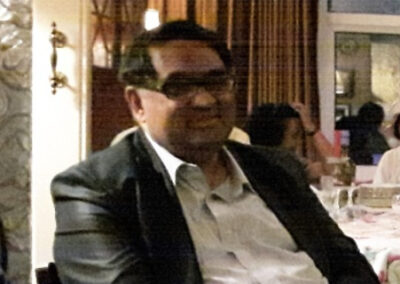
Hemal Jayasuriya
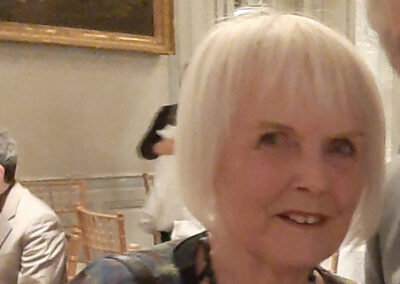
Wendy Shutler
Poets whose ideas of reflection are consistent with the aims of this Institute
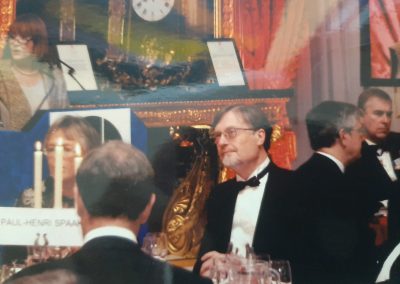
Jonathan Bradley
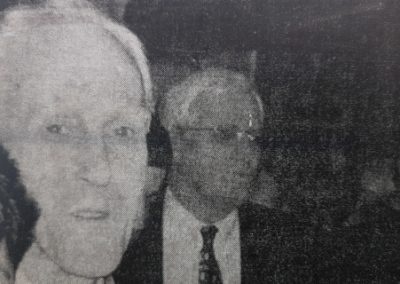
Oranmore
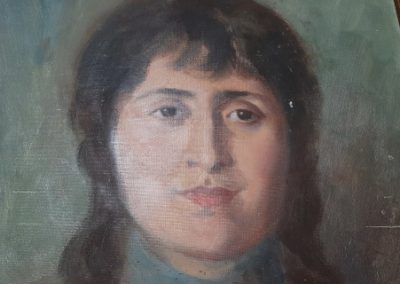
Joy Philippou MBE

Larry Holofcener
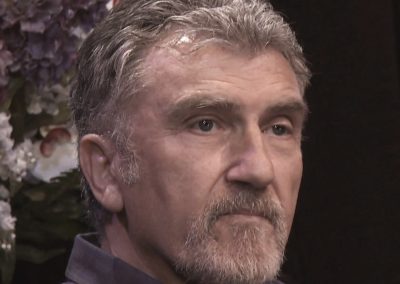
Leonard Jacobson
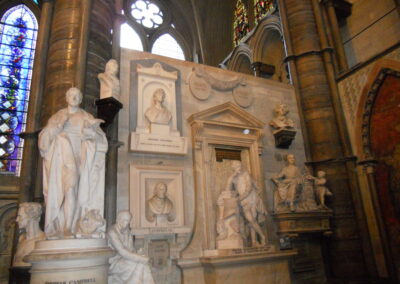
Non-Contemporary Poets on Reflective Subjects
External Links
Leonard Jacobson
Lord Oranmore
Lord Oranmore author of ‘Sparkling Fountain’
Spirit Machines
Spirit Machines by Robert Crawford
Wendy Shutler
Wendy Shutler author of ‘Here We Go Round the Multiverse‘
